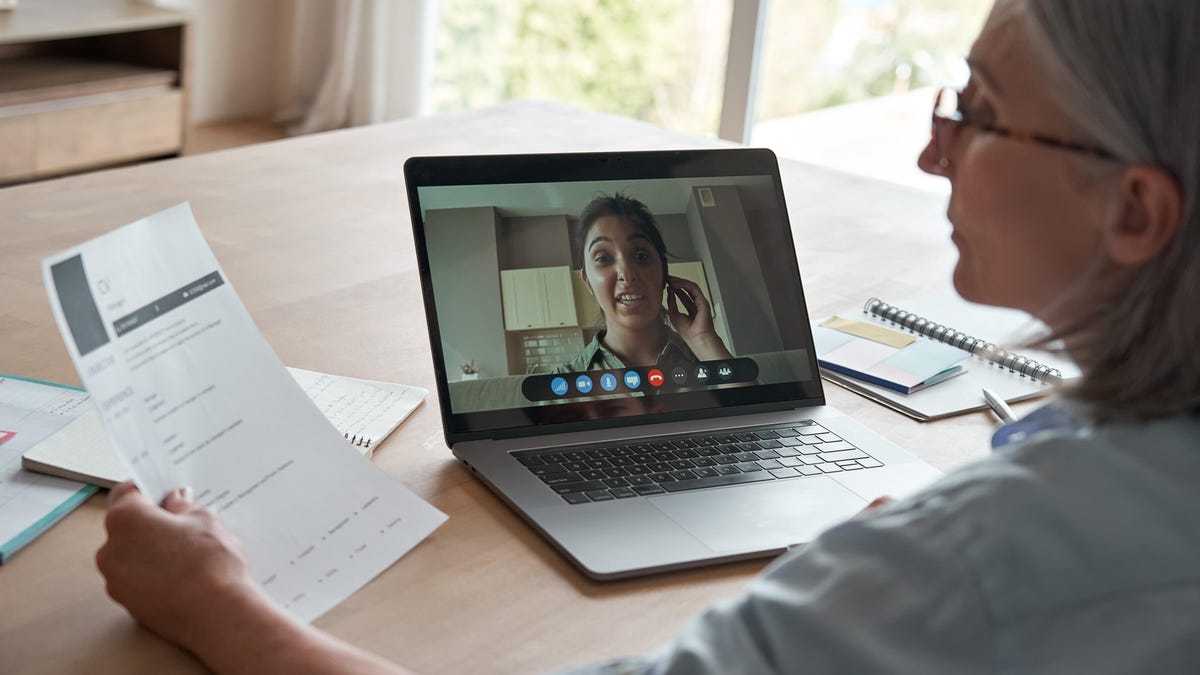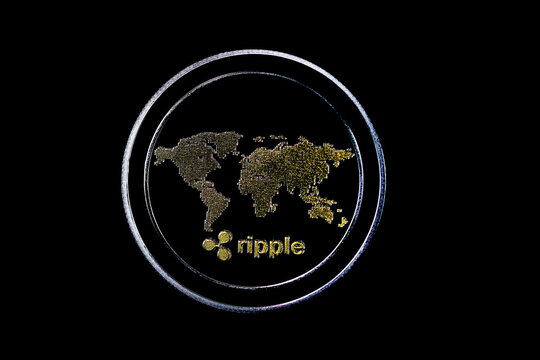The Best Ways to Win Over a Job Recruiter
Your résumé will get you in the door for a job, but your interviews are where you’ll get to show off who you are and what makes you stand out. It will also give you the opportunity to make...

Your résumé will get you in the door for a job, but your interviews are where you’ll get to show off who you are and what makes you stand out. It will also give you the opportunity to make a great impression with your recruiter. And that’s hugely important: Having someone rooting for you within the company can help move you forward in the process, and even if this particular job doesn’t pan out, it can help get your foot in the door for other roles in the future. Standing out and winning your recruiter or interviewer’s favor can be easier than you think, but it does require a little bit of forethought and awareness of the inner workings of an interview process.
Be flexible when sharing your availability
Probably one of the more boring parts of going through an interview process is dealing with scheduling—submitting your availability, waiting to hear what would work for your interviewer, going back and forth to find mutual time. It’s a headache on both ends, and making scheduling as easy as possible for your recruiter goes a long way.
In general, even if you know the interview is only going to be 30 minutes, it’s helpful to submit larger chunks of time to give the team flexibility when it comes to scheduling. There’s no way to know if your 30-minute suggestion will work for your interviewer, and your recruiting team can’t quickly pull up your calendar to find out what else might work. The worst experience on both ends is going back and forth in a 15-email thread trying to figure out a good time.
Instead, wherever possible, submit larger ranges that could reasonably overlap with another stranger’s calendar, and avoid sharing too much availability outside the typical working day. Submitting exclusively 7am or 9pm availability, or only submitting short windows of time, is an easy way to elicit frustration in the person facilitating your interviews.
Unless the company you’re talking to has explicitly noted that their working hours are longer than average, try to give your availability between 9am and 5pm. If you’re someone who’s dialed in at your current job all day long and still trying to interview, consider submitting availability for your lunch hour or a period where you could conceivably be sick or have a doctor’s appointment (sorry, bosses, but we all do it).
Address your recruiting team and interviewers by name
It may feel like a tiny detail, but calling people by name can go a long way in building rapport with someone new. Repeating a customer’s name is a common tactic among salespeople to grab attention and keep people engaged, but it can also be a quick and easy way to show respect to and recognition of the human on the other side of the computer screen.
While referring to your recruiter by name probably won’t be the thing that gets you the job, it will stand out if you never address anyone by name—your recruiter or interview might wonder how you’re going to connect with teammates. A simple “Hi [NAME]” at the beginning of your email, or “Thank you [NAME]” at the end will get the job done!
One important caveat: make sure you refer to someone by their correct name —people frequently address me as Whitney because they’re reading my name too quickly. If you’ve ever been addressed by the wrong name, especially over email when your name is clearly visible, you know it does not have the desired effect of building rapport.
Make appropriate small talk during calls and interviews
This one can be hard to get used to because interviews are such a stressful, vulnerable exercise, but being able to make (brief) small talk at the beginning of a call can be helpful in building comfort and rapport on both sides. We ideally don’t want an interviewer walking away and feeling like the conversation was like pulling teeth. Many interviews will start off with generic prompts about your day, your weekend, or the weather, and we generally want to avoid a conversation like this:
Interviewer: How’s your day going so far?
You: Good.
Interviewer: Okay.
...and instead reach for slightly more open conversations like this:
Interviewer: How’s your day going so far?
You: Pretty good, just trying to get used to the sun setting at 5pm all of a sudden! How about you?
Interviewer: Oh my gosh, I know—it gets dark so early now.
Is it stimulating or memorable conversation? Absolutely not. Your interviewer probably won’t remember your quip about daylight savings, but your interviewer likely will remember if the conversation felt awkward or struggled to move along. If you’re nervous before an interview and afraid you won’t be able to loosen up enough to have a natural conversation, consider taking a lap around your home to shake off the nerves, do a few quick breathing exercises, or strike some power poses. I also find that forcing myself to smile while I’m talking on the phone helps me loosen up, and sound friendlier too.
On the flip side, it’s also possible to get too comfortable in small talk and start treating your interviewer like a friend, which is also not the desired outcome. You generally want to demonstrate that you’re a friendly, kind person who would make for a great professional colleague, and avoid coming across as someone who is too relaxed or familiar right off the bat. It’s okay to joke about the weather, but joking about misspending company dollars or how much you hated your last boss is too far.
Research the company and your interviewers ahead of time
In 2023, we all know we’re internet stalking each other before our first conversation, especially when it comes to an interview. Spending 20-30 minutes before your interview researching the company and familiarizing yourself with what they do can go a long way in impressing your interviewer and standing out among the hundreds of other candidates asking generic questions like “what does the company do?”
Getting familiar with the company can also help you adapt your answers to match what they might be looking for: If you know they use Zapier, you may want to highlight how great you are at using Zapier and how long you’ve used it. You’ll also be able to ask more interesting, thoughtful questions about the company and your interviewer’s unique viewpoint. Interviewers are frequently answering the same questions over and over, so it can help you leave a positive impression if your question can go slightly deeper. If you’re interviewing with a startup and notice that your interviewer previously worked for a non-profit, you might ask what convinced them to change industries and/or what has surprised them most about the company. Your interviewer will probably have more fun answering it, and you’ll learn more interesting information than just hearing the sound bite about what a company’s product does.
Thank your interview coordinator
Whether it was a recruiting coordinator, an office manager, or an executive assistant, the people doing the scheduling work behind the scenes are still important parts of a recruiting team and can weigh in on a hiring decision. If someone isn’t kind to the coordinator, it can be a bad sign about how they’ll treat junior employees if they join the team. On the flip side, if someone is kind and gracious to the coordinator, it can stand out and be a green flag about how you might relate to your new coworkers. Coordinators are also frequently consulted on a candidate if the interviewers need more information before making a decision—even if they aren’t actively interviewing you, their opinion of you still matters.

 Tekef
Tekef 































